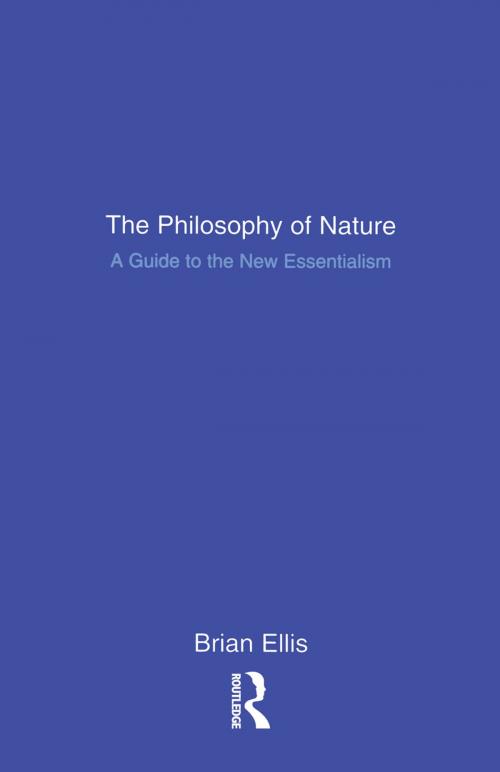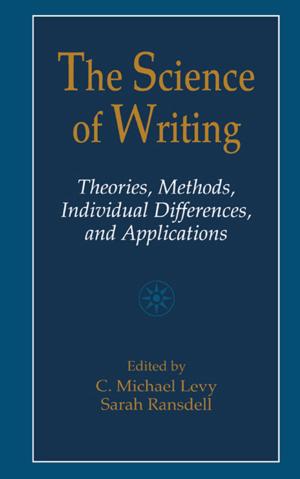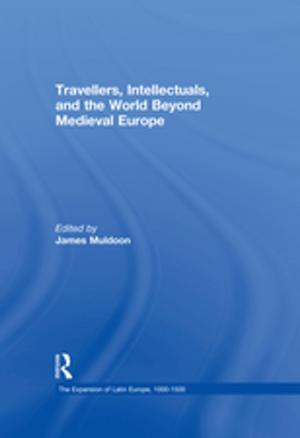The Philosophy of Nature
A Guide to the New Essentialism
Nonfiction, Religion & Spirituality, Philosophy| Author: | Brian Ellis | ISBN: | 9781317489498 |
| Publisher: | Taylor and Francis | Publication: | December 18, 2014 |
| Imprint: | Routledge | Language: | English |
| Author: | Brian Ellis |
| ISBN: | 9781317489498 |
| Publisher: | Taylor and Francis |
| Publication: | December 18, 2014 |
| Imprint: | Routledge |
| Language: | English |
In "The Philosophy of Nature," Brian Ellis provides a clear and forthright general summation of, and introduction to, the new essentialist position. Although the theory that the laws of nature are immanent in things, rather than imposed on them from without, is an ancient one, much recent work has been done to revive interest in essentialism and "The Philosophy of Nature" is a distinctive contribution to this lively current debate. Brian Ellis exposes the philosophical and scientific credentials of the prevailing Humean metaphysic as less than compelling and makes the case for new essentialism as an alternative metaphysical perspective in lucid and unambiguous terms. This book develops this alternative metaphysic and considers the consequences for philosophy, and for some other areas of investigation, of working with such a metaphysic. Ellis argues that these consequences are profound and that a new essentialism provides a comprehensive new philosophy of nature for a modern scientific understanding of the world.
In "The Philosophy of Nature," Brian Ellis provides a clear and forthright general summation of, and introduction to, the new essentialist position. Although the theory that the laws of nature are immanent in things, rather than imposed on them from without, is an ancient one, much recent work has been done to revive interest in essentialism and "The Philosophy of Nature" is a distinctive contribution to this lively current debate. Brian Ellis exposes the philosophical and scientific credentials of the prevailing Humean metaphysic as less than compelling and makes the case for new essentialism as an alternative metaphysical perspective in lucid and unambiguous terms. This book develops this alternative metaphysic and considers the consequences for philosophy, and for some other areas of investigation, of working with such a metaphysic. Ellis argues that these consequences are profound and that a new essentialism provides a comprehensive new philosophy of nature for a modern scientific understanding of the world.















